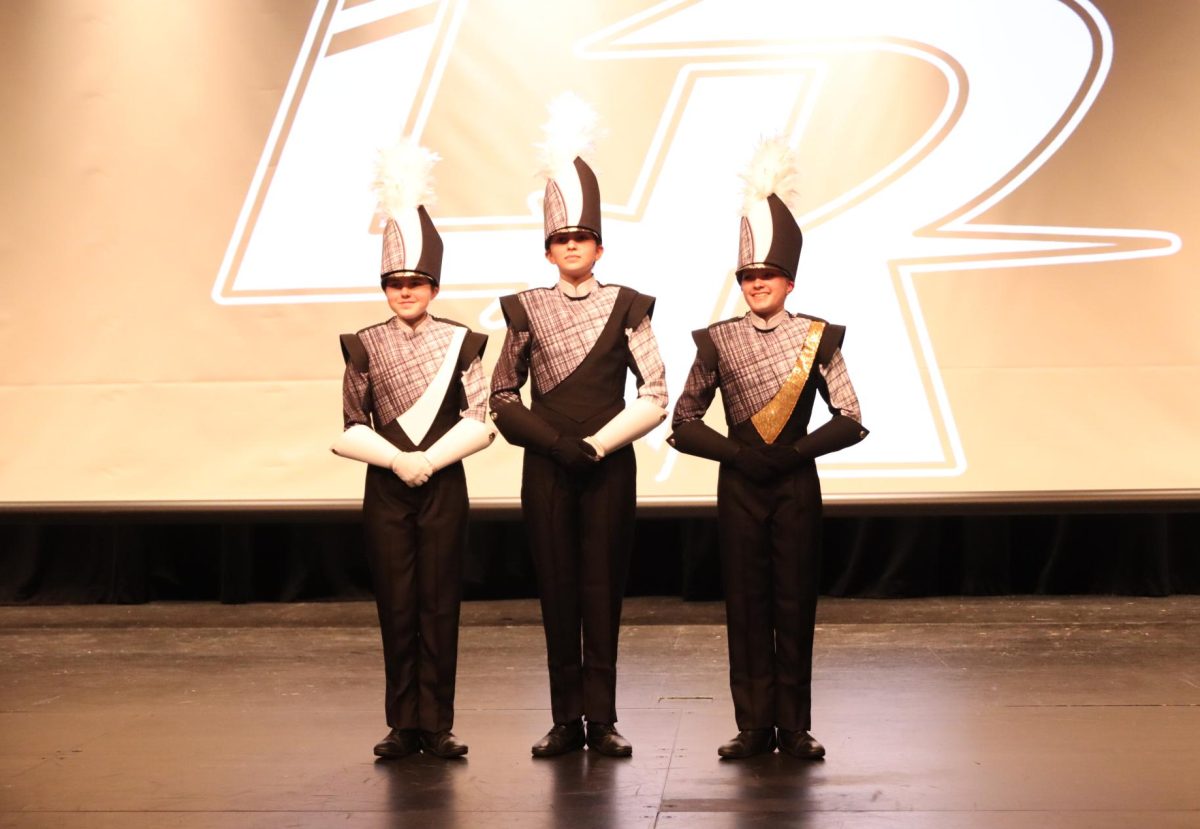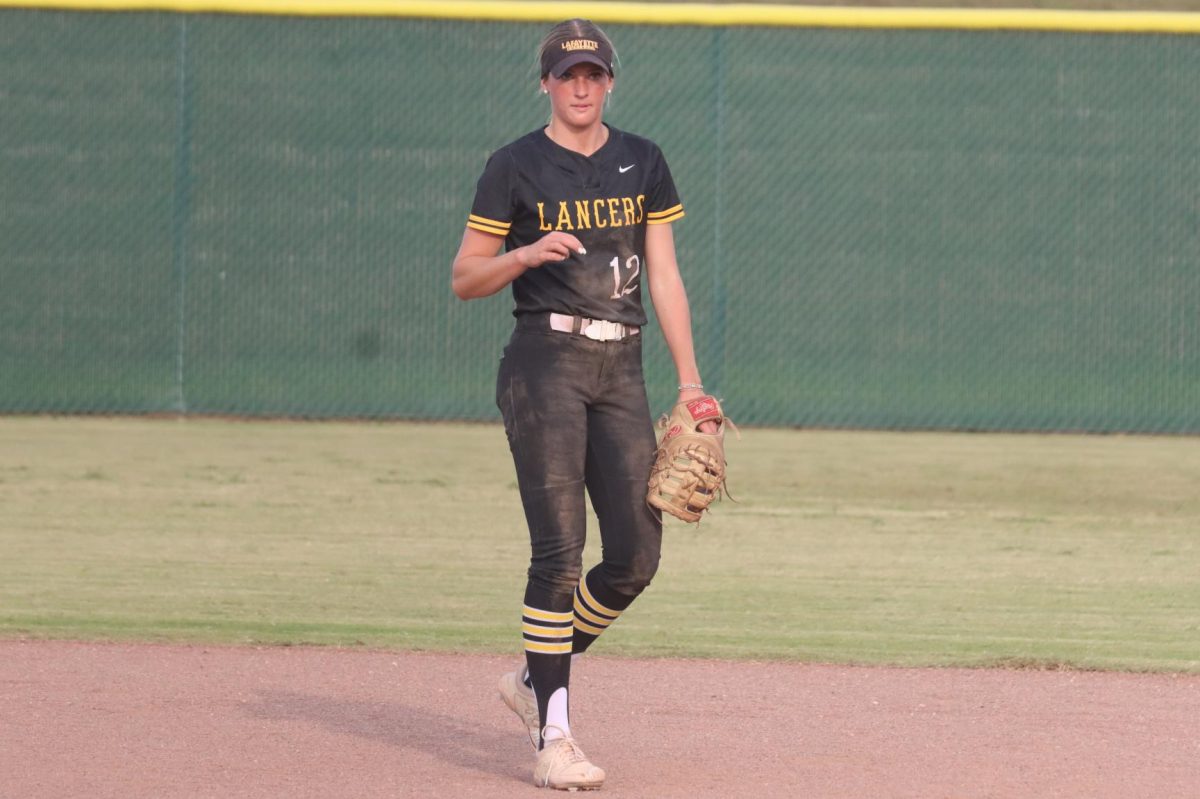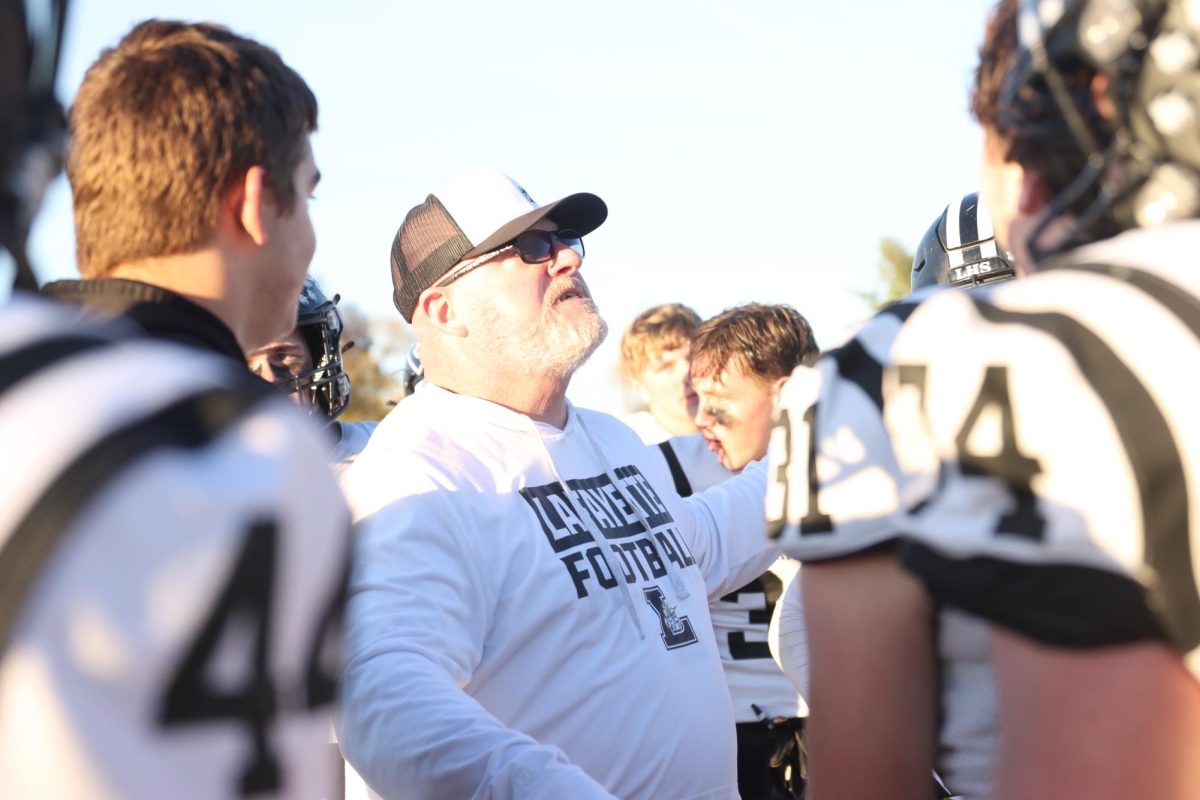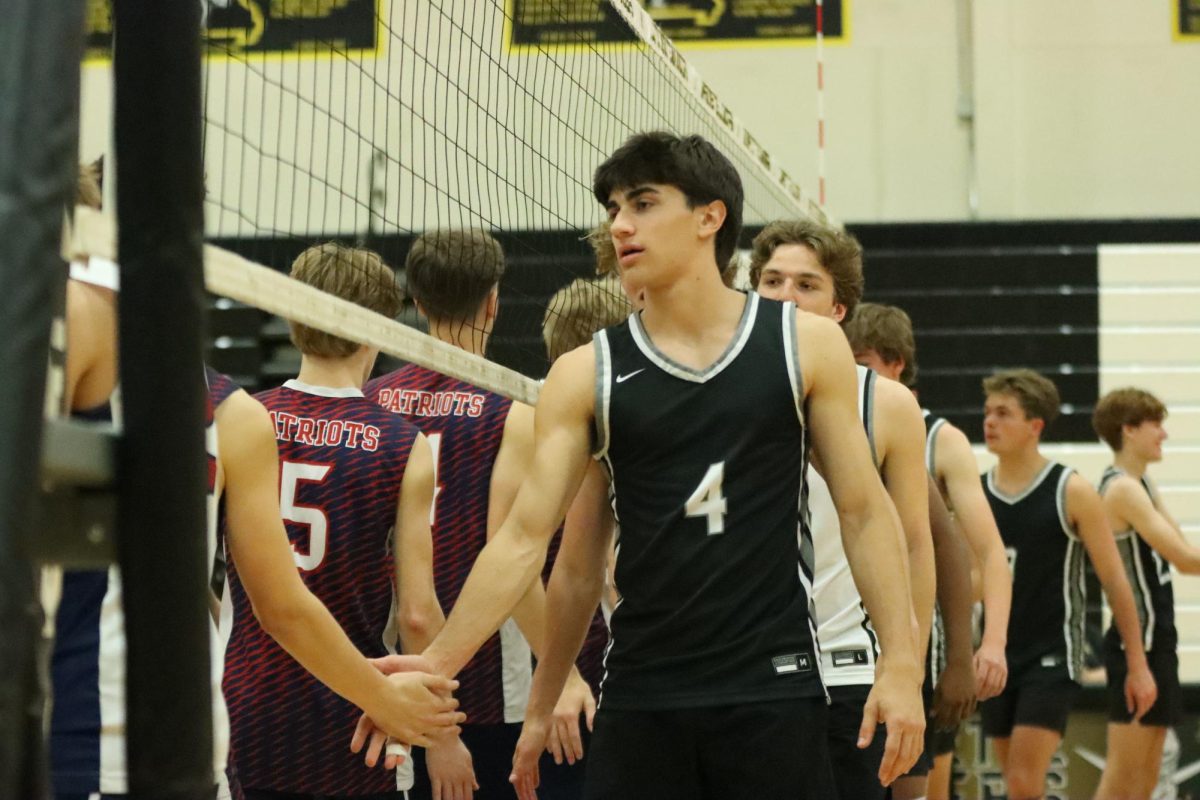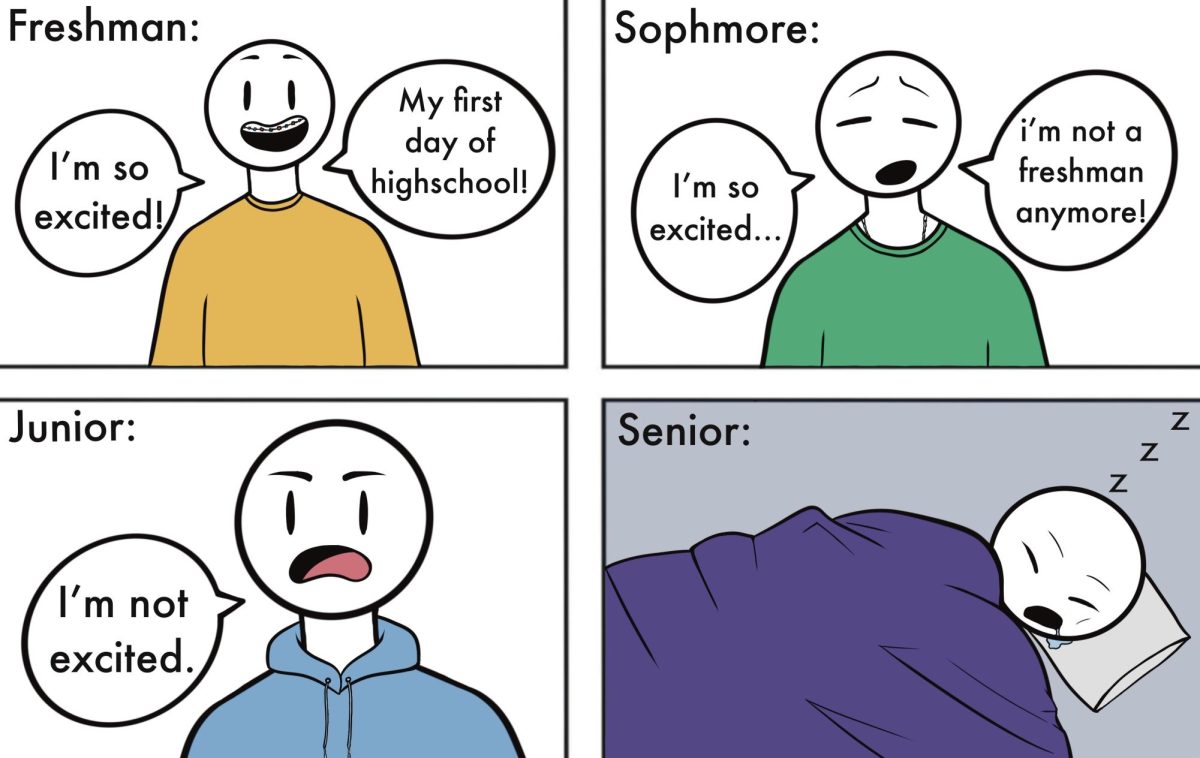“It’s the things we love most, that destroy us.”
President Coriolanus Snow’s iconic line from the original Hunger Games trilogy still sends shivers down fans’ spines and echoes throughout the prequel movie.
The Hunger Games: The Ballad of Songbirds & Snakes movie is the film adaptation of Suzanne Collins’ novel by the same name. The story is a prequel to Collins’ Hunger Games trilogy. It follows 18-year-old Snow (Tom Blyth), the main antagonist of the original trilogy, during the 10th Hunger Games as he navigates the cruel and cunning power struggles of the Capital– and comes out on top.
The film leaves the audience tormented, for they watched a could-have-been hero reject each opportunity for redemption in favor of personal power.
With cinematography and acting transcending the screen- and its peers- The Hunger Games: The Ballad of Songbirds & Snake is a feast for both Hunger Games fans and casual moviegoers.
Audiences can thank director Francis Lawrence and cinematographer Jo Willems.
They returned for the prequel after collaborating on The Hunger Games: Catching Fire, The Hunger Games: Mockingjay – Part 1 and The Hunger Games: Mockingjay – Part 2, according to IMDB.
From dystopian wreckage to sickly extravagance, the world of Panem is visually fleshed out.
According to Lawrence in a Condé Nast Traveler article, the movie was shot in Germany and Poland. Settings were mostly built sets or locations, rather than green screens.
Lawrence did this to make the movie look more real. The actors could immerse themselves in their environment.
In fact, Lawrence said the locations aided the world-building.
Inspired by post-World-War-2 Berlin, Lawrence utilized that older style to convey that this story takes place before the original trilogy.
Beyond the regression in technology and infrastructure, the movie engrained itself in Panem’s history by explaining the origins of some iconic features.
Allowing the audience members to watch the creation of mockingjays, sponsors, The Hanging Tree song and more. While once or twice it felt like cheap fanservice, overall the movie managed to introduce these elements organically.
The film added to the depth and character of The Hunger Games world.
The cinematography was similarly impressive.
Beyond being pleasing to look at, it served a narrative purpose.
One of the best examples was the scene of Snow shooting into the trees. It sounds simple enough: one shot of Snow shooting.
But that’s not how it was done.
Dizzyingly, the camera is pointed up at the rustling trees and scattering birds. Chaos, chaos, chaos, only stressed by the shot spinning, as if the audience is Snow, unhinged and desperately searching. It feels tight and confused, utterly overwhelmed by the chaos. The audience is trapped in this endless circle of frantic anxiety.
Overall, each shot is purposefully beautiful and beautifully purposeful. The fragile balance between aesthetics and storytelling was maintained throughout the runtime.
It is truly captivating how this movie can capture such unyielding fear and tender love in a few camera shots. The cinematography conveys the character’s mindset almost as much as the acting does.
Now, about the acting.
Tom Blyth as Coriolanus Snow:
- Acting Strength:
Blyth executes vulnerability, especially grief and terror, with such humanity the audience is forced to sympathize with Snow, despite his immorality.
- Acting Weakness:
By far, the leading role demanded the greatest emotional range, creating the greatest challenge. When Blyth performs pure rage, it reminds the audience that they are watching an actor, not a man. It is not bad acting, but a far cry from the excellence he otherwise exhibits.
- Acting Overall:
Blyth realistically portrays an ordinary man who degrades his morals until there is no line he will not cross.
Rachel Zegler as Lucy Gray Baird:
- Acting Strength:
Both in and out of the movie, Zegler wins over hearts with earnest charisma. Zegler demonstrates the kind of charisma that comes from a person who is lovingly and fearlessly themself.
- Acting Weakness:
While Zegler’s performance is consistently applause-worthy, her character’s complexity is not revealed until the end. So, Zegler is unable to showcase the strategic, facade-welding depth of the sweetheart character. That is more due to the plot than Zegler, though.
- Acting Overall:
Zegler captures the alluring voice and spirit of the sassy, indomitable heroine.
Viola Davis as Volumnia Gaul:
- Acting Strength:
Blood runs cold. Body feels numb. Heart slows as Davis, that wicked head gamemaker, turns those two-toned eyes to the camera. Davis stitches together insanity, brilliance and savageness for her character, eliciting the same feeling as when Frankenstein created his monster.
- Acting Weakness:
By focusing on the mad cruelty of the character, Davis could not dive deeper than that. If the head gamemaker had any genuine goodness, true humanity or regrets, it was not explored. Once again, though, this is more due to writing choices than acting choices.
- Acting Overall:
Davis brilliantly embodied the heartless head gamemaker, leaving the audience haunted by her sadistic laugh.
The cast’s glowing performances enhanced the movie as a whole, bringing words to life.
Despite my love for the movie, I admit it is not perfect. While the actors sell the romance, it would be more convincing if it had more build-up. Also, life in District 12 with the Covey was romanticized by the movie, despite the immense poverty and hopelessness of the district. The rest of the district is displayed as devastated and desolate, and yet a lack of money, food or safety seems to be no concern of the Covey. It just feels a bit unrealistic in that sense.
So, I understand why some people walk away feeling robbed of time and money. To them, maybe it was a failed cash grab, audaciously commoditizing half-hearted social commentary.
To me, it was not.
This film felt like a labor of love. The sheer humanity and realness in the cinematography, worldbuilding and acting eclipsed its flaws. Those hungry for good-quality cinema and a fallen hero, get ready to be satisfied.
As Collins wrote, “Happy Hunger Games! And may the odds be ever in your favor.”





